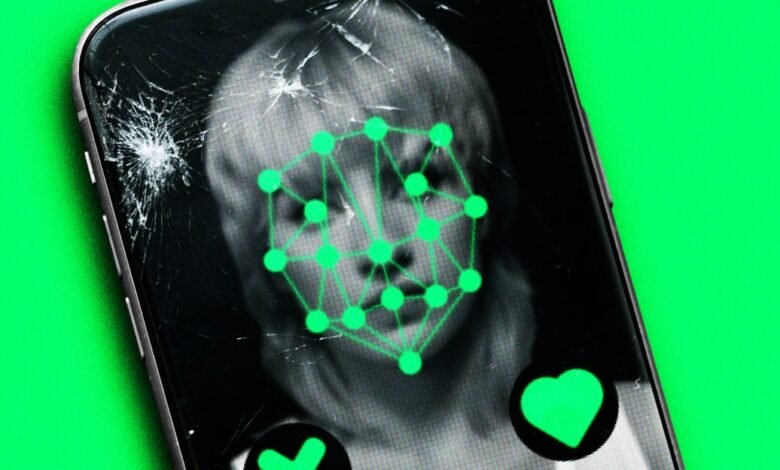How “Catch a Cheater” Apps Feed Our Worst Instincts

▼ Summary
– Apps like Cheaterbuster use facial recognition to locate private Tinder profiles, charging fees for searches based on names or photos.
– Experts warn these services normalize peer-to-peer surveillance and violate user privacy by scraping data without consent.
– The technology’s accuracy varies from 90% to 99%, risking false positives that could lead to harmful personal confrontations.
– These apps likely breach data privacy laws such as Europe’s GDPR and may violate Tinder’s terms of service.
– Legislative action like the American Privacy Rights Act is proposed as a solution to protect data and curb such practices.
So-called “cheater catching” applications are gaining traction by promising to uncover infidelity through facial recognition scans of dating platforms, yet they operate in a legal gray area while raising serious alarms among privacy professionals. These services, including Cheaterbuster and CheatEye, allow individuals to search for someone’s Tinder profile using just a name or photograph, typically for a one-time fee. Recent investigations confirm the technology works with unsettling accuracy, pinpointing dating profiles even when the subjects had no idea their images were being scanned this way.
Privacy experts universally caution against relying on these tools, pointing out that they strip away context and make invasive surveillance seem like an acceptable response to relationship doubts. Heather Kuhn, a cyberlaw professor and senior privacy counsel, observes that marketing through viral TikTok videos desensitizes people to biometric surveillance. She emphasizes that Tinder users consent to share their data within that platform alone, not for it to be harvested, stored in third-party databases, and searched via facial recognition.
Tech advisor Mark Weinstein describes these apps as “frankly chilling,” noting that what’s sold as “cheater busting” is essentially vigilante-style monitoring. He explains that beyond facial recognition, these services often pull from various public sources to compile shadow databases of dating profiles, information Tinder never intended to make publicly searchable. This amounts to mass data mining, linking personal details without an individual’s knowledge or approval.
Many specialists are surprised that Tinder hasn’t taken legal action, given that these apps appear to breach its terms of service. Marshini Chetty, a professor of privacy and security, questions why they continue operating if the platform disapproves of their methods. Neither Tinder nor the “cheater” apps responded to requests for comment on these practices.
Weinstein cites industry statistics indicating facial recognition accuracy ranges widely, from 90% to 99%, meaning errors are common, especially with lower-quality photos. False positives can trigger serious real-world consequences, including confrontations that turn volatile. These apps also disproportionately misidentify people of color, amplifying risks for marginalized groups.
At their core, these platforms feed on suspicion. For a modest fee, they provide what feels like an answer to painful relationship questions. Kuhn notes that even occasional success, combined with viral marketing and the emotional payoff of “catching” someone, keeps the business model alive.
From a regulatory standpoint, such apps likely violate the European Union’s General Data Protection Regulation (GDPR), which grants individuals control over how their personal data is gathered and used. In the United States, privacy laws lag behind, though state-level measures like the California Consumer Privacy Act (CCPA) offer some recourse. Weinstein argues that only comprehensive federal legislation can truly address the problem, pointing to proposals like COPPA 2.0 and the American Privacy Rights Act (APRA) as promising starts.
Despite the recent passage of the Take It Down Act targeting nonconsensual imagery, there’s little indication that broader privacy reforms will be prioritized soon, especially with ongoing government disruptions.
Regardless of whether these apps sometimes identify actual cheating, they introduce new dangers into relationships and normalize unhealthy digital surveillance. As anonymity erodes in the pursuit of technological convenience, Chetty reminds everyone that people deserve a basic expectation of privacy, particularly when sharing information for dating. She suggests that anyone considering these services might first reflect on the state of their relationship, if you feel the need to spy, it may be time to reevaluate things altogether.
(Source: The Verge)